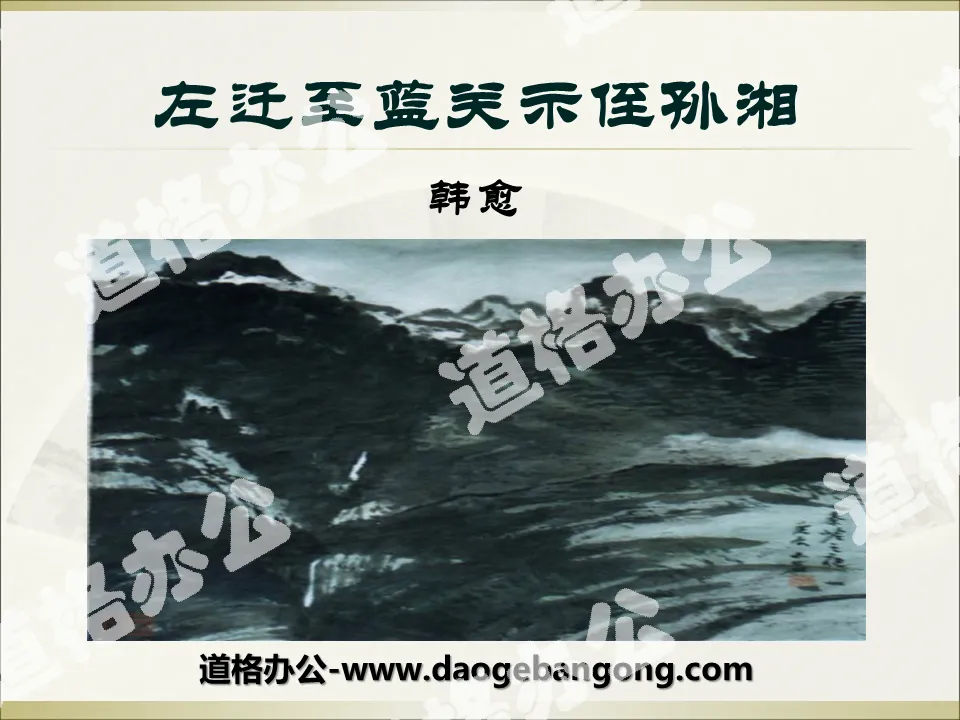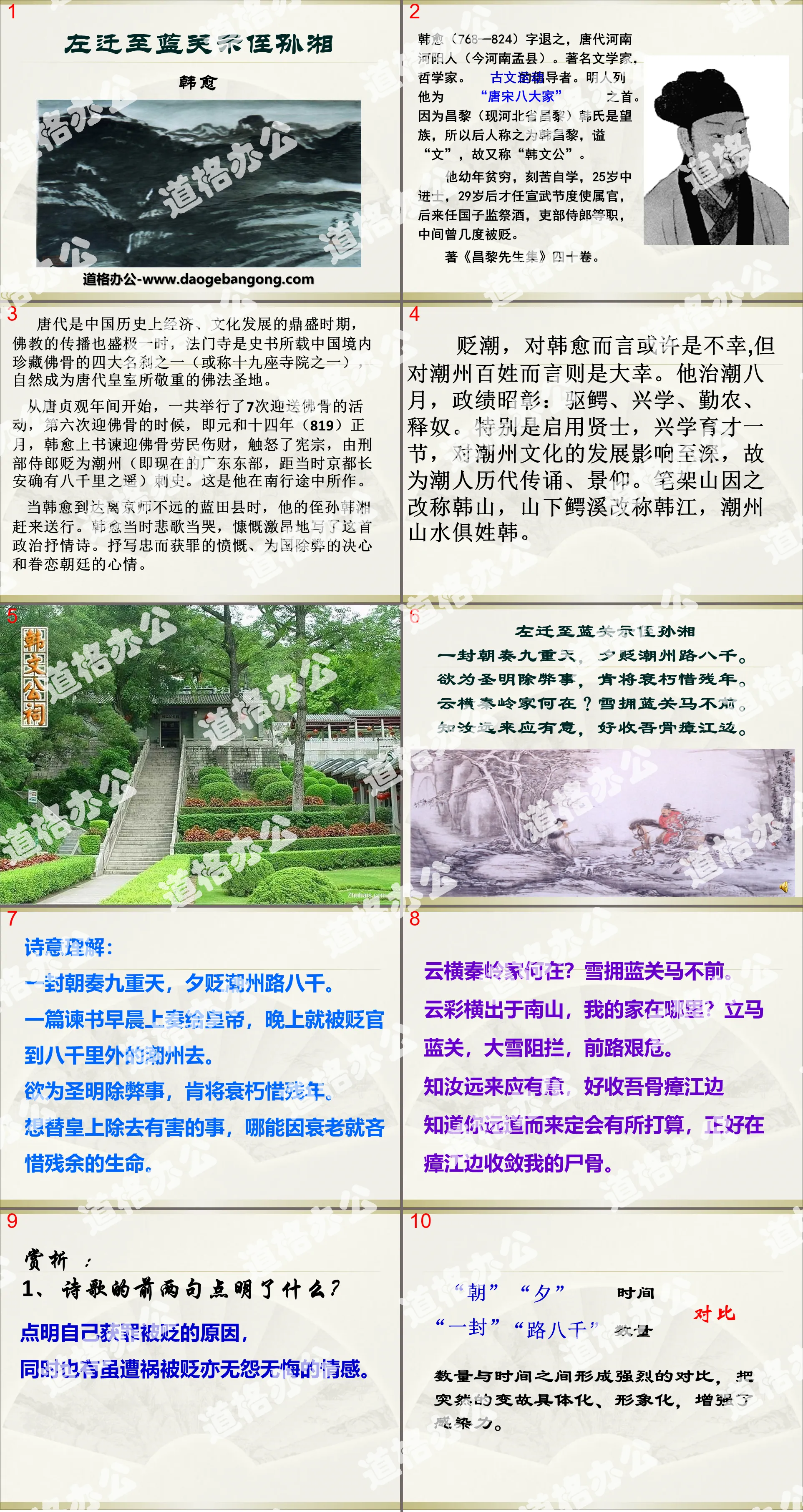The second volume of first-grade Chinese compiled by the People's Education Publishing House
The second volume of fifth-grade Chinese compiled by the People's Education Publishing House
The first volume of Chinese language for eighth grade compiled by the People's Education Publishing House
The first volume of first-grade Chinese compiled by the People's Education Publishing House
The first volume of ninth-grade Chinese compiled by the People's Education Publishing House
The first volume of fourth-grade Chinese compiled by the People's Education Publishing House
The first volume of Chinese language for sixth grade compiled by the People's Education Publishing House
The second volume of Chinese language for eighth grade compiled by the People's Education Publishing House
The first volume of Chinese language for fifth grade compiled by the People's Education Publishing House
The first volume of second-grade Chinese compiled by the People's Education Publishing House
Hunan Education Edition Third Grade Chinese Language Volume 1
The second volume of second-grade Chinese compiled by the People's Education Publishing House
The second volume of fourth-grade Chinese compiled by the People's Education Publishing House
The first volume of third-grade Chinese compiled by the People's Education Publishing House
The second volume of Chinese language for sixth grade compiled by the People's Education Publishing House
The second volume of seventh-grade Chinese compiled by the People's Education Publishing House

| Category | Format | Size |
|---|---|---|
| Chinese version Ninth grade Chinese language volume 2 | pptx | 6 MB |
Description
"Moving to the Left to Languan to Show Nephew Xiang" PPT Courseware
Han Yu (768-824), named Tuizhi, was a native of Heyang, Henan (now Meng County, Henan) in the Tang Dynasty. Famous litterateur and philosopher. Advocate of the classical prose movement. People of the Ming Dynasty listed him as the first of the "Eight Great Masters of Tang and Song Dynasties". Because the Han family in Changli (now Changli, Hebei Province) was a famous family, later generations called him Han Changli, and his posthumous title was "Wen", so he was also called "Han Wengong".
He was poor in his childhood and studied hard on his own. He became a Jinshi at the age of 25. He was appointed as an official of Xuanwu Jiedushi at the age of 29. Later, he served as a minister of wine in the Imperial Academy and a minister of the Ministry of Personnel. He was demoted several times in the process. Author of forty volumes of "Mr. Changli's Collection".
The Tang Dynasty was the heyday of economic and cultural development in Chinese history, and the spread of Buddhism was also at its peak. Famen Temple is one of the four famous temples (or one of the nineteen temples) recorded in history books in China that collects Buddhist bones. Naturally, it became a Buddhist holy place respected by the royal family of the Tang Dynasty.
Starting from the Zhenguan period of the Tang Dynasty, a total of 7 events were held to welcome the Buddha's bones. During the sixth time, that is, in the first month of the 14th year of Yuanhe (819), Han Yu wrote a letter admonishing the reception of the Buddha's bones, which was a waste of money and waste for the people, which angered Emperor Xianzong. , was demoted from the Minister of Justice to the governor of Chaozhou (now eastern Guangdong, which was indeed eight thousand miles away from Chang'an, the capital at that time). This he did on his way south.
When Han Yu arrived in Lantian County, not far from the capital, his grandnephew Han Xiang came to see him off. Han Yu felt like weeping in tragedy at that time, and wrote this political lyric impassionedly. It expresses the indignation of being punished for being loyal, the determination to eliminate abuses for the country, and the sentiment of attachment to the court.
Poetic understanding:
A letter was sent to Jiuzhongtian in the morning and was demoted to eight thousand people on Chaozhou Road in the evening.
A remonstrance was sent to the emperor in the morning, and in the evening he was demoted to Chaozhou, eight thousand miles away.
If you want to eliminate evil things for the saint, you are willing to cherish your remaining years.
If you want to get rid of harmful things for the emperor, how can you begrudge the remaining life because of aging.
Where is Yun Heng's Qinling family? The snow embraces the blue and the horse stops moving forward.
The clouds are rising across the Nanshan Mountains, where is my home? Immediately pass the blue pass, heavy snow blocks the road ahead, and the road ahead is difficult and dangerous.
I know you came from far away with intention, so that you can take me back to the riverside
I knew that you would have some plans when you came all the way, and you just happened to collect my bones by the Miang River.
Appreciation:
1. What do the first two sentences of the poem indicate?
He pointed out the reasons why he was convicted and demoted, and at the same time, he also expressed the emotion of having no regrets despite suffering misfortune and being demoted.
2. What expression techniques are used in the first two sentences, and what thoughts and feelings does the poet contain?
In the first and second sentences, "Chaozou" and "Evening Demotion", "Nine Heavens" and "Eight Thousand Roads" form a sharp contrast between quantity and time. The poet directly expresses the reasons for his conviction and demotion, which makes us deeply understand. It clearly feels the drastic change in the poet's fate, reveals the poet's resentment at being demoted despite serving his country loyally, and implicitly expresses his stubborn character of being upright and adhering to the truth.
The five or six sentences use the natural scenery of "Qinling Mountains" and "Languan Pass" to express his sorrow and sorrow, and at the same time, they also contain the painful price paid for the above table.
In these two sentences, one glances at Chang'an, because the clouds cross the Qinling Mountains, Chang'an is no longer visible, and the "dragon face" is difficult to see again; the one looking at is Chaozhou, but it is blocked by the heavy snow in Languan, and the future is tortuous and bumpy. If you dare to think about it, a "horse" cannot "move forward", but a "man" can "move forward"? The hero has lost his way, you can see from this! The three words "the horse stops moving forward" reveal the hero's sadness at losing his way.
This poem expresses Han Yu's complex emotions of "loyalty and resentment" towards the imperial court. Please briefly analyze it based on the whole poem. (4 points)
The poet offered advice and suggestions for state affairs, but was "played in the morning" and "demoted in the evening". His resentment was beyond words. (1 point) But the poet only wanted to "eliminate the shortcomings" for the emperor, and did not hesitate to spare his remaining life, showing his old and ever-growing loyalty. (1 point) The third couplet "Where is home" and "The horse does not move forward" interweave the loyalty of missing home and country with the sorrow and resentment of the hero who has lost his way. (1 point) The last couplet "Shut up the bones and miasma river" further reveals the miserable and unspeakable anger. (1 point) The whole poem is deeply emotional and touching.
Keywords: Zuoqian moved to Languan to show his nephew Sunxiang teaching courseware, Chinese version ninth grade Chinese courseware for the second volume, ninth grade Chinese slide courseware download, Zuoqian moved to Languan to show his nephew Sunxiang PPT courseware download, .ppt format
For more information about the PPT courseware "Moving to the Left to Lan Guan to Show My Nephew Xiang", please click the "Moving to the Left to Lan Guan to Show My Nephew Xiang" ppt tag.
"Moving to the Left to Languan to Show His Nephew Xiang" PPT Courseware 3:
"Moving to the Left to Languan to Show Nephew Xiang" PPT Courseware 3 About the Author Han Yu (768824) was a thinker and writer in the Tang Dynasty, ranking first among the eight great writers of the Tang and Song Dynasties. The courtesy name is Tuizhi, a native of Nanyang (now Meng County, Henan Province). Zhenyuan Jinshi. During the reign of Emperor Xianzong of the Tang Dynasty, he accompanied Pei Du to pacify the Huaixi feudal town.
"Moving to the Left to Languan to Show His Nephew Xiang" PPT Courseware 2:
"Zuo Qian moved to Languan to show his nephew Xiang" PPT courseware 2 Overview of Poetry in the Mid-Tang Dynasty The Mid-Tang Dynasty (766-835) was an important turning period in the history of the development of Tang poetry. There were about 570 poets in the Mid-Tang Dynasty. They had the largest number of poems, about 19,000, and the largest number of poetry genres, so they are called the Middle Tang Dynasty.
File Info
Update Time: 2024-11-21
This template belongs to Chinese courseware Chinese version Ninth grade Chinese language volume 2 industry PPT template
"Moving to the Left to Languan to Show Nephew Xiang" PPT Courseware Simple campus recruitment activity planning plan summary enterprise and institution recruitment publicity lecture PPT template is a general PPT template for business post competition provided by the manuscript PPT, simple campus recruitment activity planning plan summary enterprise and institution recruitment promotion Lecture PPT template, you can edit and modify the text and pictures in the source file by downloading the source file. If you want more exquisite business PPT templates, you can come to grid resource. Doug resource PPT, massive PPT template slide material download, we only make high-quality PPT templates!
Tips: If you open the template and feel that it is not suitable for all your needs, you can search for related content "Moving to the Left to Languan to Show Nephew Xiang" PPT Courseware is enough.
How to use the Windows system template
Directly decompress the file and use it with office or wps
How to use the Mac system template
Directly decompress the file and use it Office or wps can be used
Related reading
For more detailed PPT-related tutorials and font tutorials, you can view: Click to see
How to create a high-quality technological sense PPT? 4 ways to share the bottom of the box
Notice
Do not download in WeChat, Zhihu, QQ, built-in browsers, please use mobile browsers to download! If you are a mobile phone user, please download it on your computer!
1. The manuscript PPT is only for study and reference, please delete it 24 hours after downloading.
2. If the resource involves your legitimate rights and interests, delete it immediately.
3. Contact information: service@daogebangong.com
"Moving to the Left to Languan to Show Nephew Xiang" PPT Courseware, due to usage restrictions, it is only for personal study and reference use. For commercial use, please go to the relevant official website for authorization.
(Personal non-commercial use refers to the use of this font to complete the display of personal works, including but not limited to the design of personal papers, resumes, etc.)
Preview










